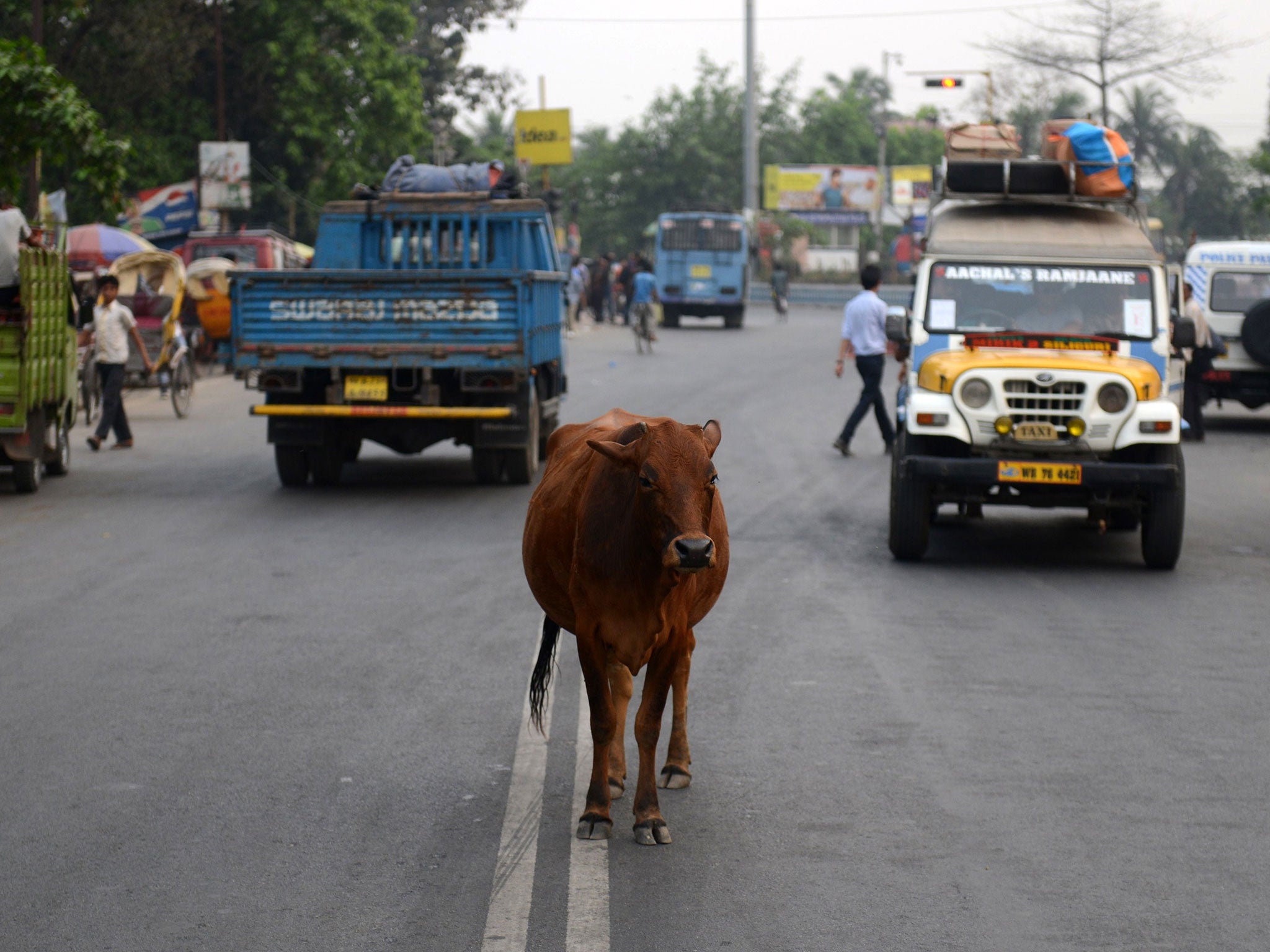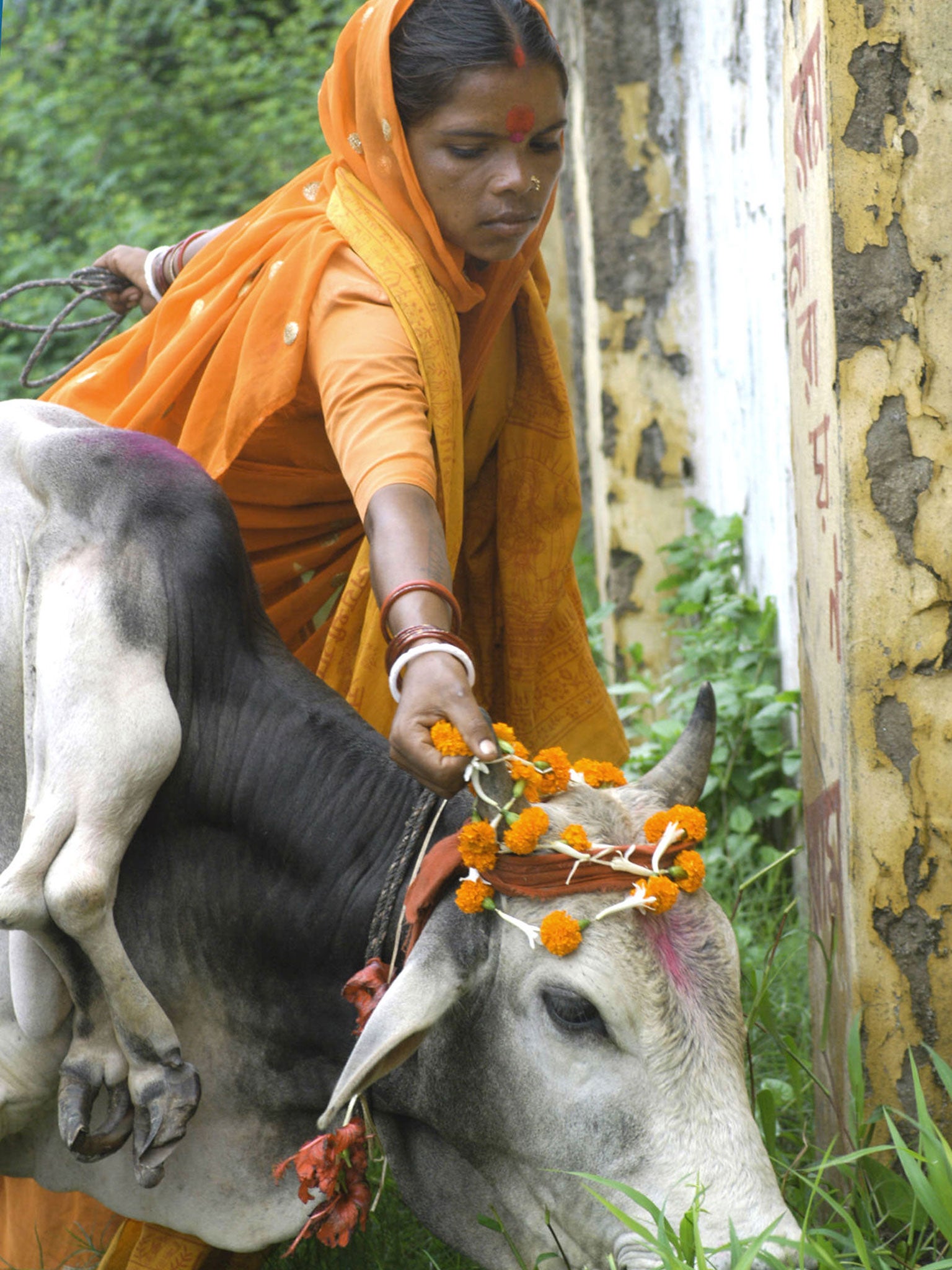Beef banned in Maharashtra, India: Five things you need to know
It's more than just a case of steak being off the menu...

The passing of a bill in a state in west India means that beef has been banned outright – with those who flout the new law facing a hefty fine and up to five years in jail.
In Maharashtra, it is no longer legal to sell or be in possession of the red meat.
The most obvious consequence is that beef will be off the menu, which is very bad news for meat lovers – but the full implications are far more complex.
Here are five things you need to know:
The legislation
On Monday Indian President Pranab Mukherjee gave his assent to the Maharashtra Animal Preservation (Amendment) Bill, which was originally passed by the Maharashtra Assembly two decades ago. The BJP-Shiv Sena government was in power at the time – they recommenced their alliance in December after 15 years.
It was already illegal to slaughter cows in Maharashtra, but the bill also forbids the killing of bullocks. People are still permitted to use water buffalos for meat but, according to the Indian Express, these animals account for only 25 per cent of the total beef market.

What does it mean?
Aside from making it nigh-on impossible to get a good steak, the legislation will mean job losses for those who work in the industry. It is also likely to increase the cost of other types of meat, as demand goes up.
And trying to skirt around the new law is not recommended. Anyone not adhering to the rules faces a fine of 10,000 Rupees and a potential five-year prison sentence.
The reasoning behind the bill
Although India is a secular nation, about 80 per cent of the population identify as Hindu. In Hinduism cattle are considered sacred, with cows in particular revered, meaning that it is taboo to eat their meat.
There are restrictions on the consumption of meat throughout India, with the slaughter of cows predominantly banned and "fit-for-slaughter" certificates usually required when killing bullocks. However, the outright ban has so far only been implemented in a handful of states.
And there is a counter-movement. In 2004, Indian historian DN Jha published the controversial The Myth of the Holy Cow, which argued that during the period when a number of the most important Hindu religious texts were produced, people in India ate cows.
How have people reacted?
Many people welcomed the ban, including the Chief Minister of Maharashtra, Devendra Fadnavis, who tweeted:
Others tweeted:
Join our commenting forum
Join thought-provoking conversations, follow other Independent readers and see their replies
Comments